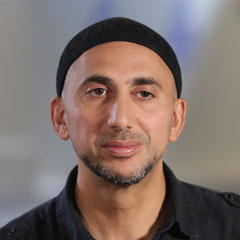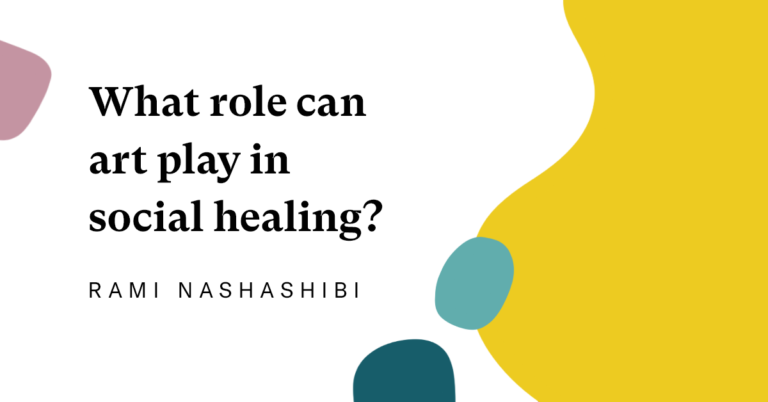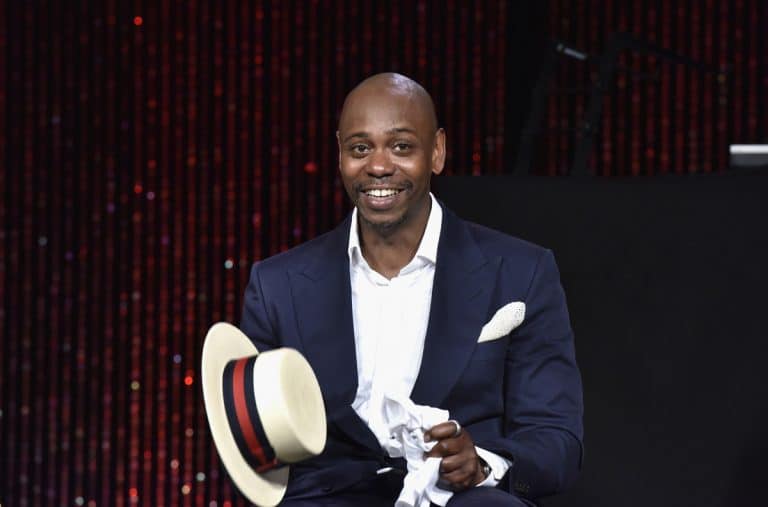Rami Nashashibi uses graffiti, calligraphy, and hip-hop in his work as a healing force on the South Side of Chicago. A Palestinian-American, he started his activism with at-risk urban Muslim families, especially youth, while he was still a college student. Now he’s the leader of a globally-emulated project converging religious virtues, the arts, and social action. And he is a fascinating face of a Muslim-American dream flourishing against the odds in post-9/11 America.
View
- List View
- Standard View
- Grid View
6 Results
Community organizers Rami Nashashibi and Lucas Johnson have much to teach us about using love — the most reliable muscle of human transformation — as a practical public good. Nashashibi is the founder of the Inner-City Muslim Action Network, a force for social healing on Chicago’s South Side. Johnson is the newly-named executive director of The On Being Project’s Civil Conversations Project. In a world of division, they say despair is not an option — and that the work of social healing requires us to get “proximate to pain.”
March 28, 2019
Desmond Tutu, Natalie Batalha, Eckhart Tolle, et al.
‘Becoming Wise’ With Tools for the Art of Living
Over the years, listeners have asked for short-form distillations of On Being — something to listen to while making a cup of tea. Our podcast Becoming Wise is this offering, designed to help you reset your day and replenish your sense of yourself and the world, ten minutes at a time. A taste of the new season, curated from hundreds of big conversations Krista has had with wise and graceful lives — including Archbishop Desmond Tutu, astronomer Natalie Batalha, and spiritual teacher Eckhart Tolle.
Many around the world labeled the events of September 11 as “evil.” President Bush in his recent State of the Union speech described “an axis of evil.” But what does the word mean? It is a subject of enduring theological debate, even of scientific argument. It drives to the heart of the question: What does it mean to be human?
Rami Nashashibi is a champion for how art can make humans visible to each other. He brings a new energy to Islam’s core commitment to beauty and humanity — and to the power of stories to heal and electrify us across geography and generation, culture and faith. He founded the Inner-City Muslim Action Network on Chicago’s South Side, where he also lives with his family. “The arts have become the real factor for us in both humanizing each other’s stories, connecting our stories, and revealing to one another the possibilities of what a better world can look like,” he says.
The Pause
Join our constellation of listening and living.
The Pause is a monthly Saturday morning companion to all things On Being, with heads-up on new episodes, special offerings, event invitations, recommendations, and reflections from Krista all year round.
Search results for “”
View
- List View
- Standard View
- Grid View
Filters


